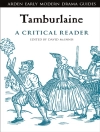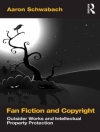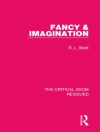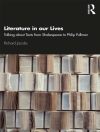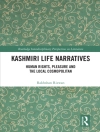As a writer and prophet Dostoevsky was no academic theologian, yet his writings are deeply theological: his life, beliefs, even his epilepsy, all had a role in generating histheology and eschatology. Dostoevsky’s novels are riven with paradoxes, aredeeply dialectical, and represent a criticism of religion, offered in the service of the gospel. In this task he presented a profound understanding and portrait of humanity. Dostoevsky’s novels chart the movement of the human into death: either the movement through paradox and Christlikeness into Christ’s cross (a soteriology often characterized by the apophatic negation and self-denial; what we may term ‘the Mark of Abel’) leading to salvation and resurrection; or, conversely, the movement of those who refuse Christ’s invitation to be redeemed, and continue to fall into a self-willed death and a selfgenerated hell (‘the Mark of Cain’). This eschatology becomes a theological axiom which he unceasingly warned people of in his mature works. Startlingly original, stripped of all religious pretence, Dostoevsky as a prophet forewarned of the politicized humanistic delusions of the twentieth century: a prophet crying out through the wilderness.
P H Brazier
Dostoevsky [PDF ebook]
A Theological Engagement
Dostoevsky [PDF ebook]
A Theological Engagement
Cumpărați această carte electronică și primiți încă 1 GRATUIT!
Limba Engleză ● Format PDF ● Pagini 216 ● ISBN 9780718847630 ● Editura Lutterworth Press ● Publicat 2018 ● Descărcabil 3 ori ● Valută EUR ● ID 7033545 ● Protecție împotriva copiilor Adobe DRM
Necesită un cititor de ebook capabil de DRM


